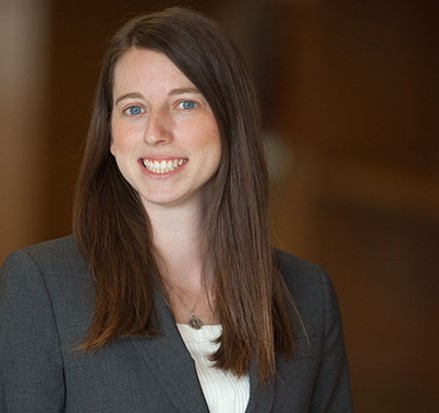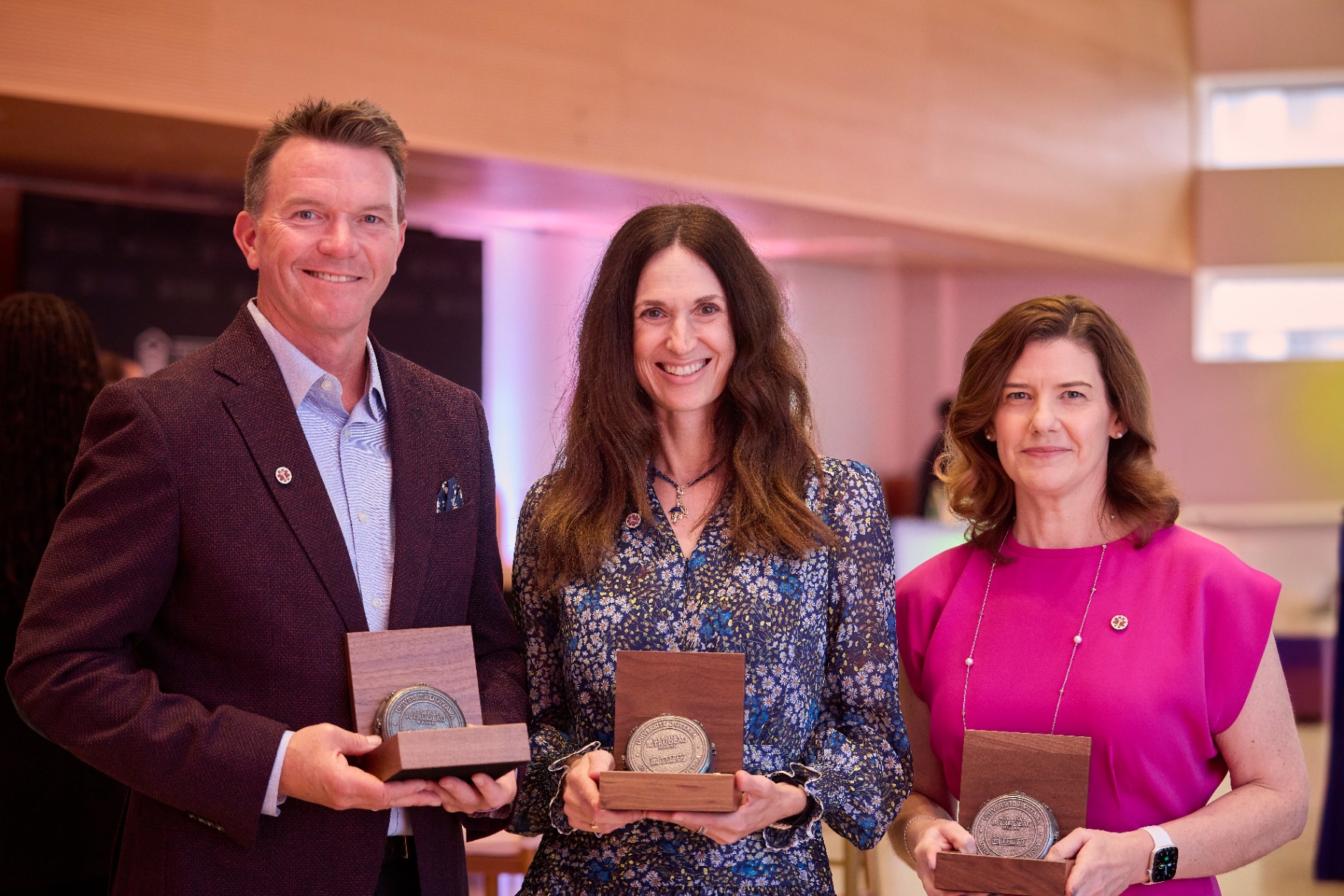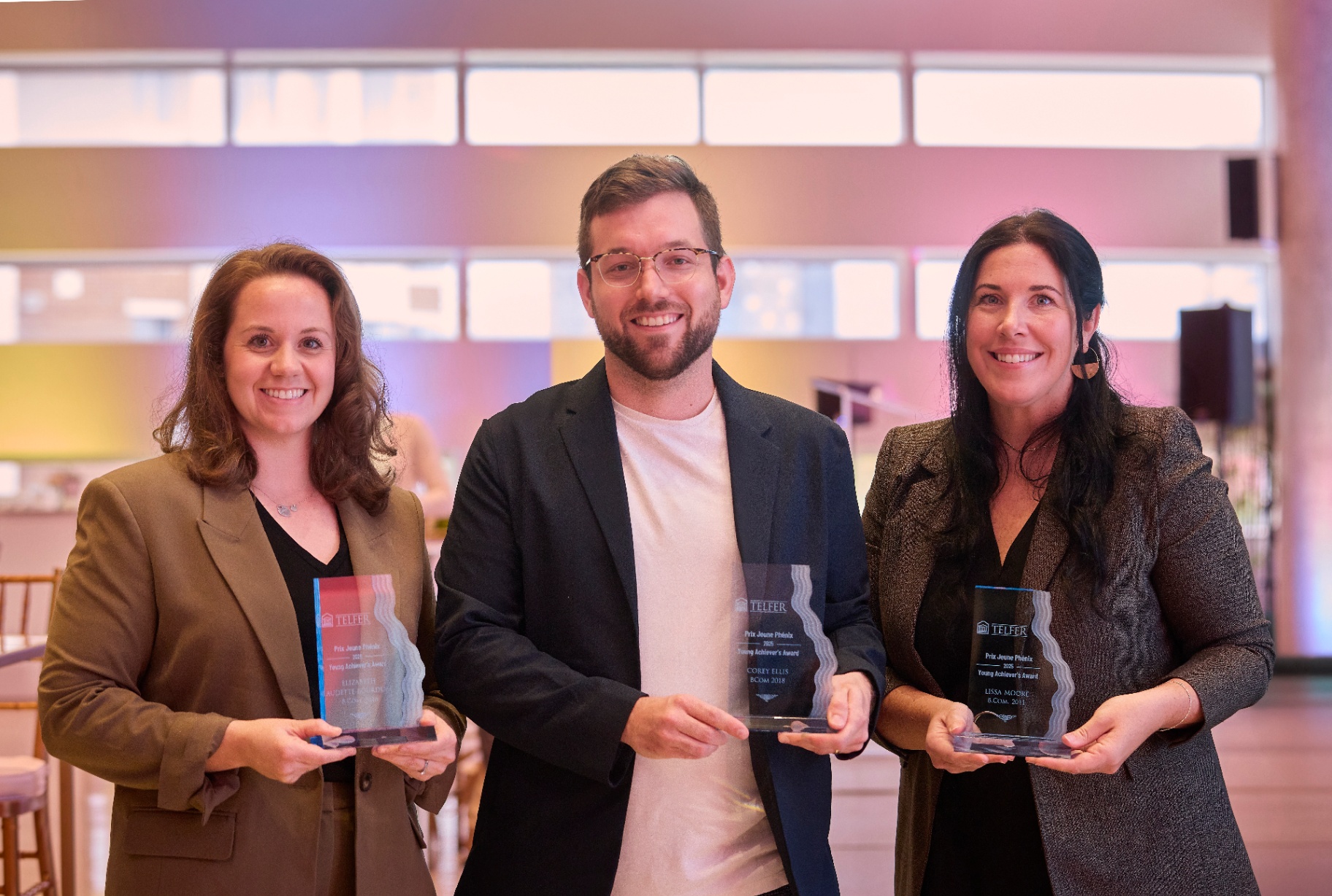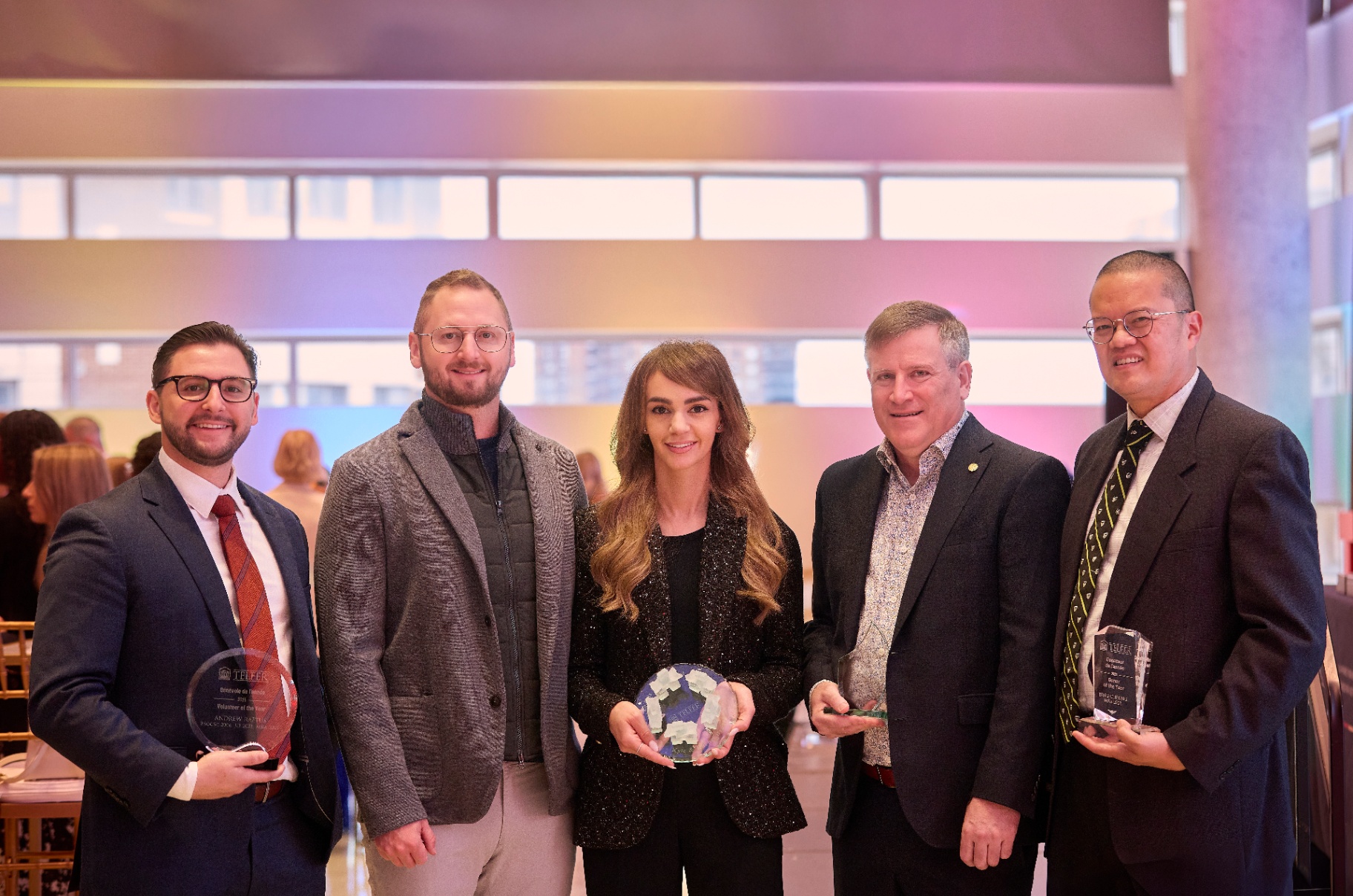Unauthentic forgiveness in the workplace
Unfortunately, interpersonal conflict tends to be a common occurrence in many workplaces. Whether intentional or not, our colleagues can often make insulting remarks or behave in ways that offend us. While sometimes subtle, these transgressions can easily spark feelings of injustice and anger. Often times without even realizing it we can spend days, or even weeks, obsessively ruminating over the situation. When we experience such transgressions, is it beneficial to simply forgive the offending party, releasing any negative feelings, and offering him or her a fresh slate?
Decades of Psychology research suggests ‘yes’. Choosing to forgive another’s transgression can mitigate the stress and psychological turmoil otherwise associated with ruminating over offenses. As a result, there is a growing interest in understanding forgiveness in a workplace context. The topic has been covered in influential practitioner publications like Forbes and Fast Company.
Although managers have been encouraged to promote forgiveness both towards and amongst their employees, there is still much to be learned about how forgiveness operates in the workplace. One potential issue with promoting forgiveness in this context is that people can become motivated to forgive a colleague because they think their managers want them to forgive, or they should be a good role model for others, or simply because they can’t continue a project if they don’t forgive. However, there is potential dark side for well-being when forgiveness is motivated by external pressures:
“My colleagues and I refer to this as ‘inauthentic forgiveness.’ With inauthentic forgiveness, a person has consciously made the decision to forgive but deep down, perhaps even unconsciously, they haven’t fully released their negative attitudes towards their colleague,” explains Professor Jane O’Reilly.
What’s the project about?
To better understand why inauthentic forgiveness might occur, and its consequences in the workplace, Professors Jane O’Reilly (Telfer School of Management, University of Ottawa) and Lukas Neville (University of Manitoba) have a launched a research project entitled “Inauthentic and Authentic Forgiveness in the Workplace.” The project has been awarded a prestigious Insight Grant by the Social Sciences and Humanities Research Council (SSHRC).
One of the team’s goals is to define inauthentic forgiveness, and distinguish it from authentic forgiveness. The researchers will also examine how inauthentic forgiveness influences employee wellbeing, productivity, and interpersonal relationships:
“Researchers have shown the positive effect of authentic forgiveness on health and well-being, but we know much less about inauthentic forgiveness, particularly in the workplace. Inauthentic forgiveness may not offer the same documented benefits, and may actually be harmful for employees,” says Professor O’Reilly, the project lead.
Professor O’Reilly and her collaborator will also identify ways in which organizations might accidentally promote inauthentic forgiveness:
“We suspect that a potential irony of being highly committed to and interdependent with one’s team, is that it might actually encourage inauthentic forgiveness when someone is offended. In these circumstances, employees typically feel bad that they are not ‘being a good team player’ by being mad at a colleague. And so they might make the conscious decision to forgive, but deep down the offense is still festering,” she explains.
Who gains?

Professor O’Reilly hopes that this research will provide:
valuable insights into the role of inauthentic forgiveness towards interpersonal conflicts in the workplace;
practical guidance for practitioners on how to foster authentic forgiveness;
a more refined perspective on the potential benefits and risks of promoting forgiveness in organizations.
The Telfer School of Management is committed to developing cutting-edge research in a variety of topics in management. As our faculty continues fostering research excellence, the Telfer School community and partners also benefit from valuable insights with impact. Over the next weeks, we will give an overview of the eight research projects that received the prestigious SSHRC Insight Grant in 2018. Learn more about how to apply for a SSHRC Insight Grant.







